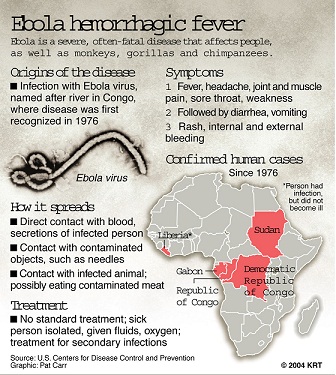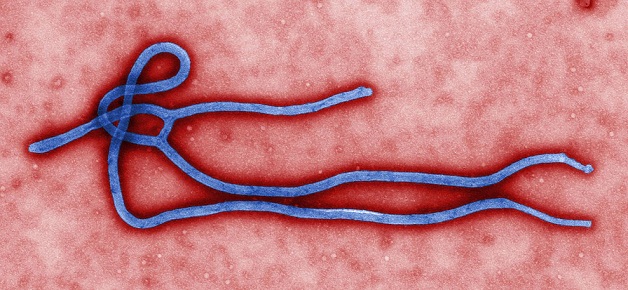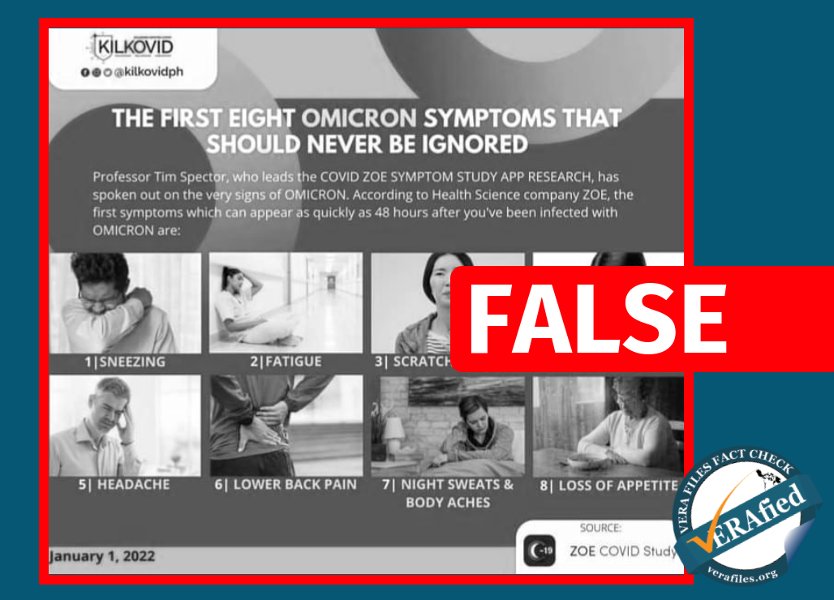By ELLEN T. TORDESILLAS

THE president of a national physicians organization is reminding the public to practice good hygiene as one of the measures to combat the Ebola virus currently sweeping West Africa.
Tony Leachon, president of the Philippine College of Physicians and information director of the University of the Philippines-Manila, also urged the Department of Health to conduct a massive information campaign on the killer virus with the World Health Organization and medical groups.
“Everyone should be mobilized. We need to educate people and increase the sensitization. This is the key to stop the dangerous disease Ebola,” Leachon said.
The latest outbreak has infected 1,323 persons and claimed the lives of 729 in Guinea, Sierra Leone, Liberia and Nigeria as of July 27, according to the WHO.
The deadly Ebola virus is transmitted to people from wild animals and spreads in the human population through human-to-human transmission. There is no cure or vaccine for Ebola.
Three American health workers have contracted Ebola in Liberia. A missionary doctor who contracted the virus is now in isolation in Atlanta, while another health worker is scheduled to be brought back also to the United States. The third one is in isolation in his home in Tennessee.
The DOH and the Bureau of Immigration have placed incoming passengers who have traveled to Africa as well as Filipino overseas workers coming home from Africa on the watchlist.
“The DOH should work with NAIA (the Ninoy Aquino International Airport) and all international airports and the Bureau of Immigration to train their personnel to identify passengers with travels to Africa, impose quarantine till a passenger has been cleared, and set up preventive measures including producing infographics and brochures on the Ebola virus,” Leachon said.
 “The key is to secure all portals of entry,” he added.
“The key is to secure all portals of entry,” he added.
Data from the Commission on Filipinos Overseas show there are about 202 Filipinos living or working in Guinea, 300 in Sierra Leone, 404 in Liberia and 7,282 Nigeria.
Leachon urged persons who suspect they have been infected with Ebola “to go to the isolation and treatment centers if they experience the earliest symptoms of the disease, to increase their chance of being cured and surviving.”
The symptoms of Ebola virus infection are similar to flu: fever, headaches, body aches, fatigue, nausea, vomiting and diarrhea.
More serious symptoms may include red eyes, raised rash, chest pain and cough, stomach pain and severe weight loss.
The WHO recorded the first Ebola outbreaks in Sudan and Zaire in 1976 which left 431 people dead.
Because the virus is transmitted through direct or close contact with infected patients, particularly with their bodily fluids, the WHO warns against close physical contact with Ebola patients.
It said gloves and appropriate personal protective equipment should be worn when taking care of patients at home.
Regular hand washing is required after taking care of patients at home or visiting them patients in hospital, according to the WHO.



